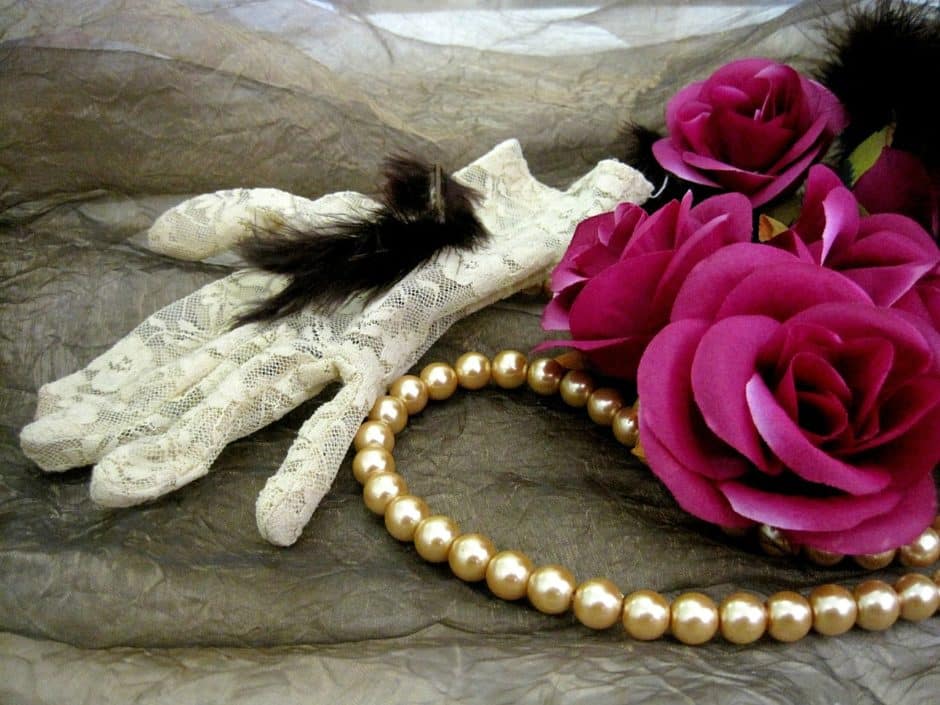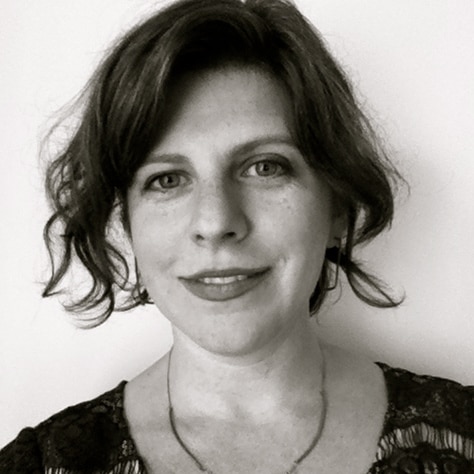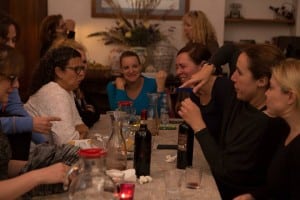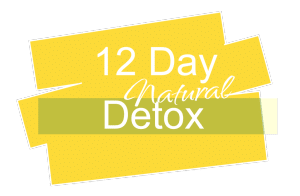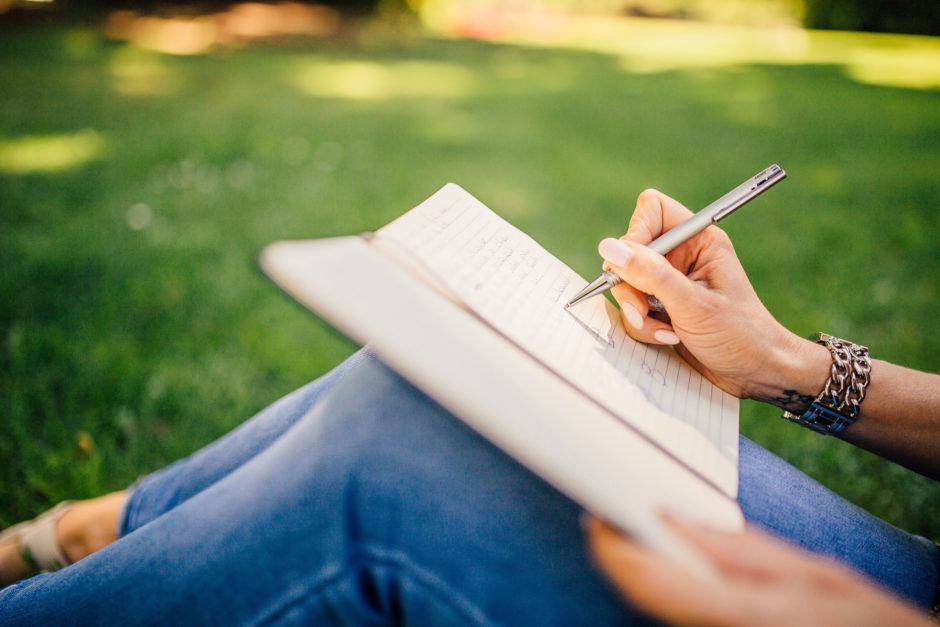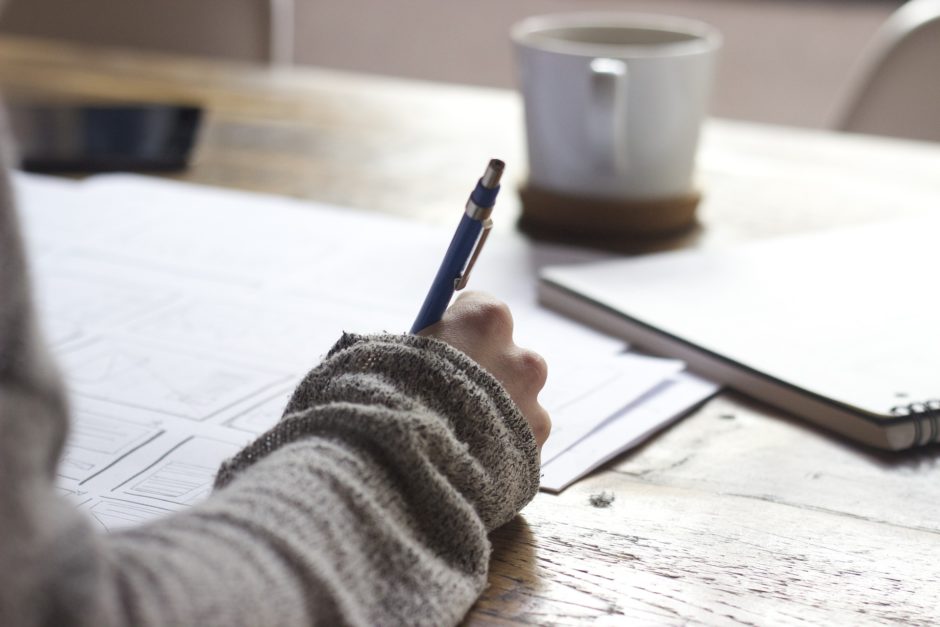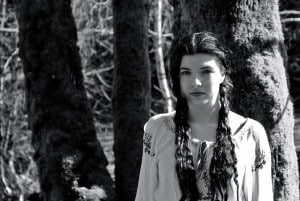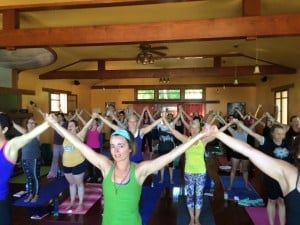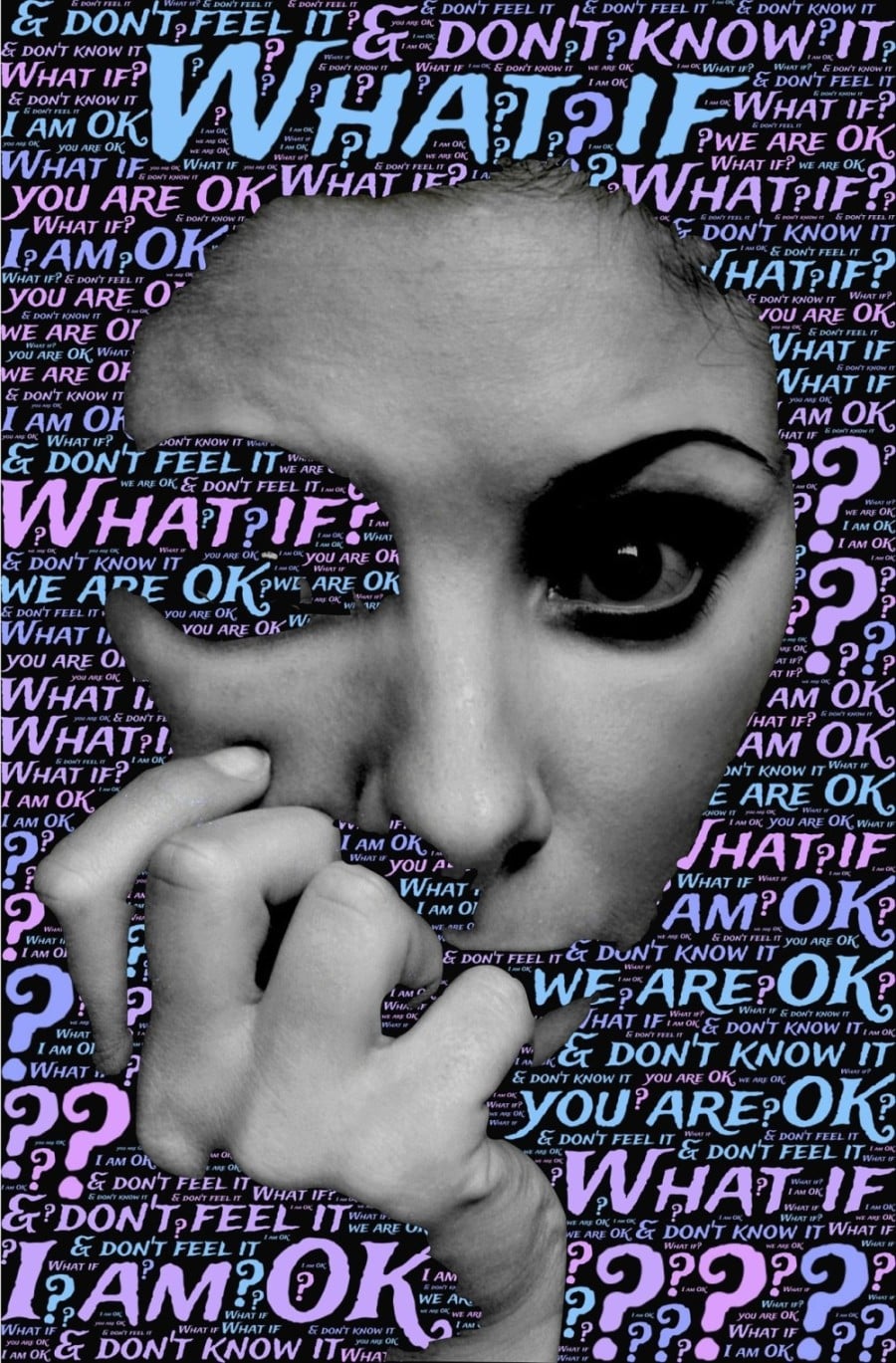By Pauline Campos
I used to watch comedians like John Leguizamo and George Lopez in complete awe. While everyone else was laughing at the punchline, I was sitting there wondering what kind of hell had to be paid for penance back home for that last laugh in public. Either their families were just really understanding, lived under giant rocks, or somehow, these performers had learned how to honestly not give a fuck when it came to familial judgement. Forget Supermann. To me, the people who could write the words that needed to be written to share their truths in such a way that could draw in an audience of strangers and bring everyone together with laughter? These were the people I wanted to be.
Then I grew up and started writing seriously. I was self-editing myself too often, at first, and hating it. I wasn’t trying to make anyone look bad, mind you…just share my own truth and experiences. Sometimes it’s funny. Sometimes it isn’t. And it drove me crazy to keep taking out the good bits that I knew needed to stay in. These were the parts that brought it all together; the bits of my own story that my readers would be able to relate to. On the blog, it eventually became easy to just say FUCK IT and hit publish…no one reads I’m related to reads here, usually. Most times, if I have written something in which someone can identify themselves, named or not, I clear it with them first. Then I had to learn to pretend I had temporary amnesia every time I wrote a new advice column for Latina Magazine because relating with your reader about that time we were both The Other Woman tends to make for some awkward Sunday dinners with the Tias. Continue Reading…






